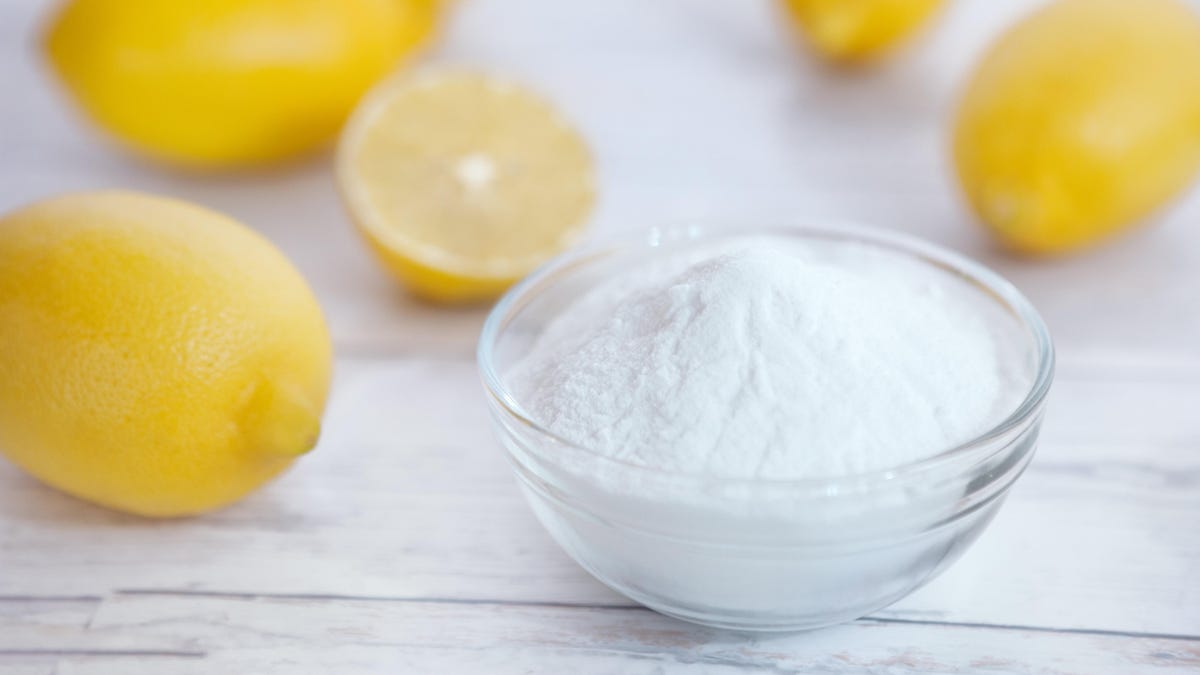That Baking Soda in Your Fridge Probably Doesn’t Do Much.

Deep in the back of many refrigerators is a small orange box with the top corner torn off, or in some cases a bowl of white powder. It’s (probably) baking soda, of course, and was put in there to absorb any food odors in the fridge.
If that’s what you’re doing, chances are your parents, grandparents, or other people in your life swear by this age-old method of minimizing bad odors and have instructed you to do the same. Maybe you are sure of this too, and you have always liked a refrigerator that smells fresh.
Or, you may have wondered why your own refrigerator is seemingly immune to the supposed odor-killing properties of baking soda and continues to stink no matter how often you change the box or bowl of food. If so, it’s (necessarily) not you or your food: baking soda just can’t handle all odors. Here’s what you need to know.
How Baking Soda Should Work in Your Refrigerator
The gross smell in your refrigerator comes from a variety of molecular compounds, explains Joe Schwartz, Ph.D. at McGill University . When food spoils or rots, it releases volatile fatty acids, which bases like baking soda must neutralize on contact, eliminating their odor.
For example, when an oil goes rancid, it releases butyric acid with an unpleasant odor. When it reacts with sodium bicarbonate (aka baking soda), an odorless, non-volatile sodium butyrate is formed. TA-dah.
Why the baking soda in your fridge doesn’t work
If baking soda has always helped you, that’s great – you’re done. But for everyone else, there are a few different reasons why you’re still dealing with bad odors in your fridge despite having a box or plate of it on the shelf:
It’s been there too long
While baking soda can reduce some mild to moderate food odors, over time it will begin to take on the nasty volatile fatty acid odors it previously neutralized. That’s why it’s recommended to replace old baking soda with fresh one every three months or so .
Interestingly, Arm & Hammer recently updated their guidelines and now recommend replacing the box of baking soda in your refrigerator every 30 days instead of every three months, based on their “ongoing research.” Of course, that also means they sell more baking soda, but either way, if the box or plate in your fridge has been sitting there for more than three months, it’s probably not working and can add to odors.
Baking soda is powerless against some odors
Schwartz explains that while baking soda can tackle many mild to moderate food odors, not all bad odors in the refrigerator come from food. A mix of bacteria and house mold often found in refrigerators and freezers can produce a variety of foul-smelling volatile acids that baking soda cannot neutralize, no matter how fresh it is.
Insufficient surface area exposed
Baking soda works when individual sodium bicarbonate crystals come into contact with smelly volatile fatty acids and neutralize them. So if you’ve only opened one corner of the baking soda box, it won’t do much.
How to Eliminate More Odors from Your Refrigerator
Baking soda may not be a magic odor remover, but there are ways to make it more effective:
Open large surface area
Instead of opening a corner of a box or even tearing off the center of a box meant to be kept in the fridge or freezer, sprinkle at least one cup of baking soda on a shallow dish. And do not forget to change it at least once every three months.
Deep Clean Regularly
If your refrigerator is especially smelly, take out the rotten item, as well as any leaking liquids or powdery mold it leaves behind, as soon as possible and clean out the shelf or drawer where it was stored. Address these issues right away, and even if you never get there, deep clean your refrigerator regularly to keep it smelling fresh.
Use activated charcoal
Place one cup of activated charcoal powder or granules in an open shallow dish and replace every month. You can do this instead of or in addition to using baking soda.